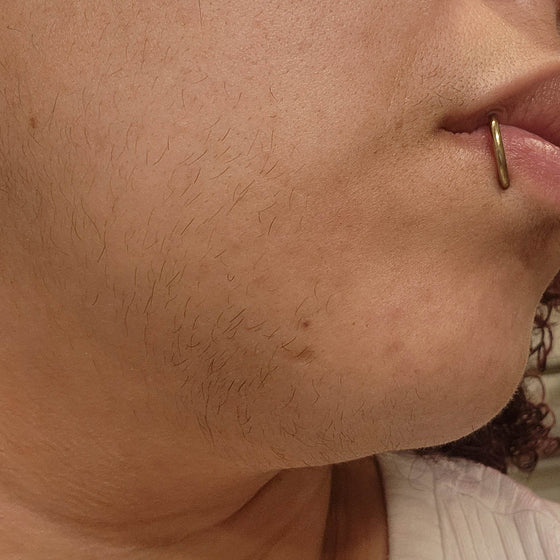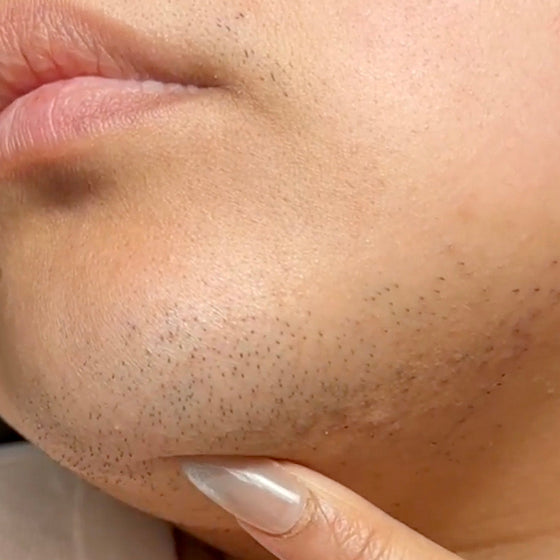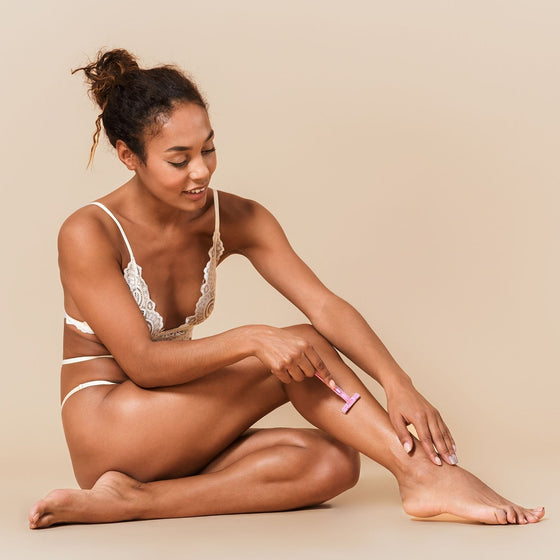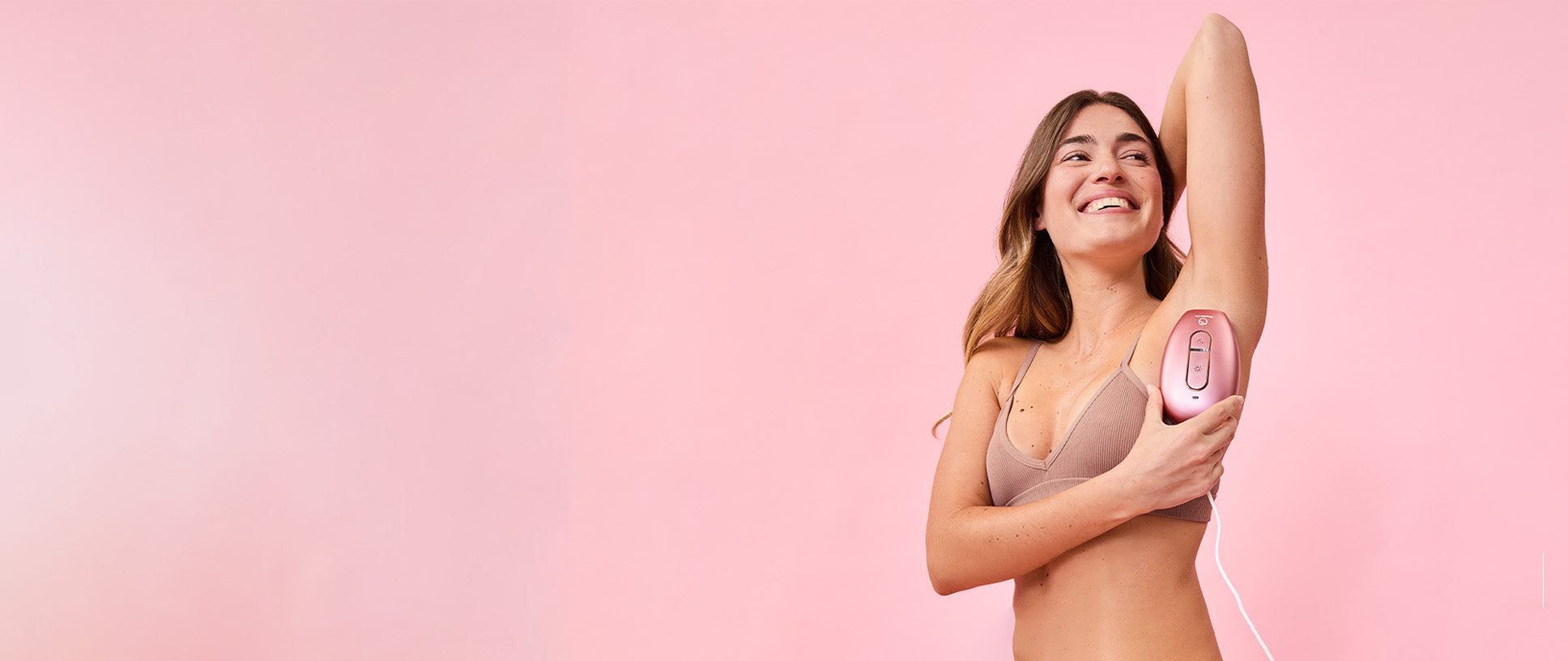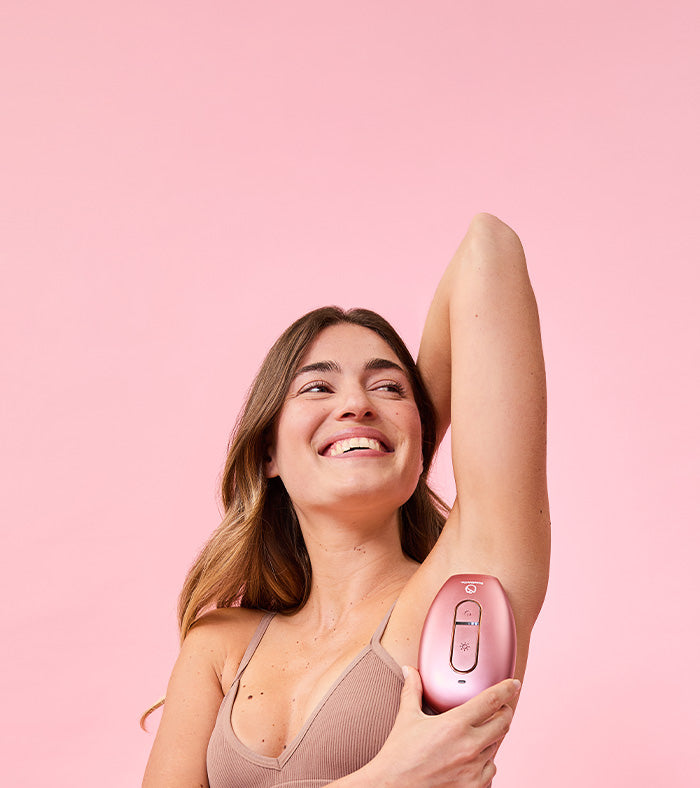Why is pubic hair way thicker than the hair on your arms—or even your head? What makes this hair so different? Let’s break it down and talk about why pubic hair grows the way it does and how you can manage it if it’s feeling a little too wild.
Why is Pubic Hair so Thick?
Pubic hair is designed to be thicker and coarser than the rest of your body hair. It’s part of your body’s natural way to protect sensitive areas from friction and irritation. The hair follicles in this region produce hair with a thicker shaft, which is why it feels coarser. Plus, it’s more curly, which adds to that wild, untamed vibe.
The Role of Hormones
The thickness of your pubic hair is also influenced by hormones, especially during puberty. As your hormone levels rise, your body starts producing hair that’s thicker and darker. It’s completely normal, though it might be a surprise when you first notice it.
Managing Thick Pubic Hair
Thick pubic hair can sometimes be uncomfortable, especially if it causes extra sweating or itching. If that’s the case, trimming can help make things more manageable. You can also explore hair removal methods like waxing or IPL for longer-lasting results.
Trimming
A simple trim can reduce bulk and help manage sweat, without the irritation that shaving might cause.
Exfoliating
Regular exfoliation can help prevent ingrown hairs and keep your skin smooth, especially if you’re dealing with coarser hair.
FAQs
Is there a functional reason pubic hair is thicker than other body hair?
Yes, pubic hair is generally thicker because it provides better protection in sensitive areas. The coarser texture helps reduce friction during movement, which is especially important in a high-friction zone like the bikini area. This thicker hair acts as a buffer to protect the delicate skin from irritation caused by clothing, physical activity, and skin-to-skin contact.
Does pubic hair get thicker with age?
Just like the hair on your head, pubic hair can change throughout your life. It tends to become thicker and coarser during puberty due to hormonal changes, but as you age, it may start to thin out, especially after menopause or as testosterone levels decrease. These changes are completely natural, and the thickness of your pubic hair can vary based on individual hormonal shifts.
Can I thin out my pubic hair naturally?
Yes, trimming is the easiest and most natural way to manage the thickness of your pubic hair without full removal. Regular trimming can keep the hair shorter and more manageable while still providing the protective benefits of pubic hair. Some people also opt for treatments like waxing or sugaring to thin the hair over time, though these methods require more maintenance.
Does pubic hair thickness vary among individuals due to genetics?
Yes, genetics play a significant role in determining the thickness, texture, and growth pattern of your pubic hair. Just as some people have thick or fine hair on their head, the same variation applies to pubic hair. Factors like ethnicity, hormone levels, and your family’s genetic traits all contribute to how your pubic hair looks and feels.
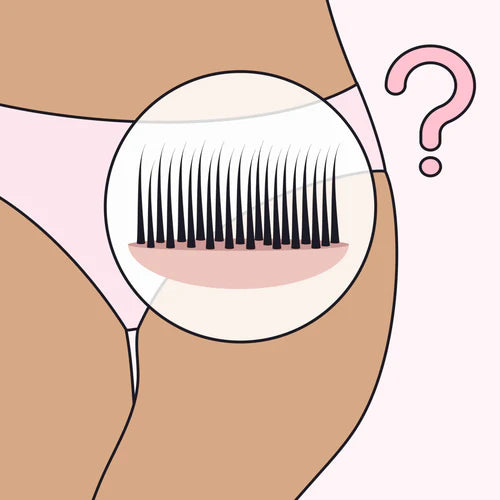
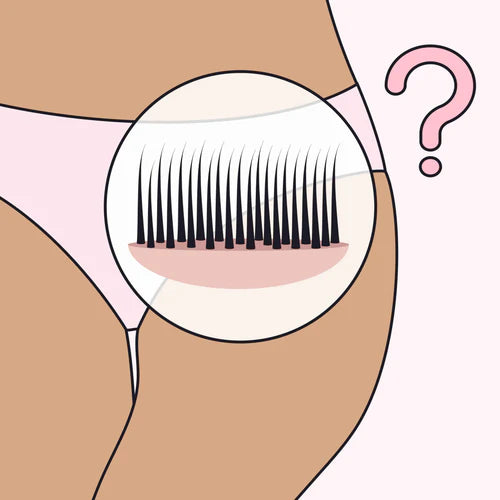
.png?v=1727993165793&options=w_350)
.jpg?v=1724421708187&options=w_350)
